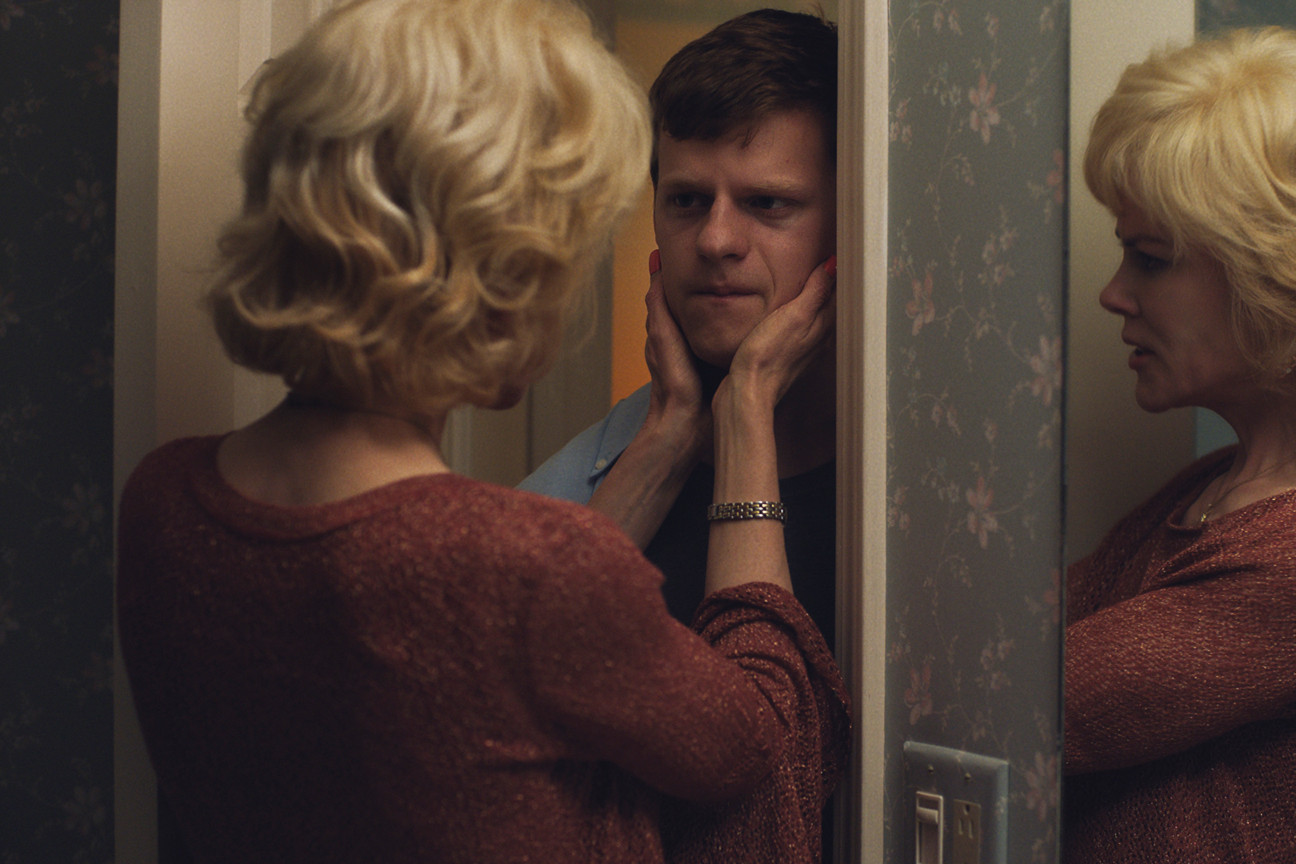Hattie Graham reviews Boy Erased, starring Lucas Hedges, Nicole Kidman and Russell Crowe. TW: Mention of sexual assault.
Firstly, a minor disclaimer before we proceed. I did actually miss the first 10 minutes of this film due to an unfortunate guac spillage all over a certain fabulous Phoebe Buffay like dress. If missing the first 10 minutes makes me an unqualified and inauthentic reviewer, then I suggest you stop reading now, lest you purposely provoke yourself into a state of unbearable annoyance. Anyways, moving on from that little avocdote…hehe.
Boy Erased is an adapted version of the memoir by Garrad Conley, which depicts his agonising experiences at a Christian gay-conversion camp in Arkansas. As the practice of gay conversion therapy still exists in the US and Australia, this film provides an important insight into the reality of a prevalent issue which threatens the advancement of the growing LGBTQ+ movement. Russell Crowe and Nicole Kidman play the devout but deeply conflicted Christian parents of 18-year-old Jared (Lucas Hedges) and Joel Edgerton plays the seemingly benevolent camp director.
The film shifts between Jared’s unsettling arrival at the camp where even personal journals are forbidden, and the events which led him there in the first place. Initially, Jared is presented as being an obedient and straight-laced boy – studious, polite and a member of his high school basketball team (slightly cliché I know). Surprisingly, Russell Crowe’s first scene in the film is one in which he subtly encourages his son to take the next step with his cheerleader girlfriend. This instantly accentuates their close father son relationship, which makes it even more devastating when he chooses his religion over his son.
His sexual awakening comes, unsurprisingly, whilst at university when he befriends fellow student Henry Wallace, played extraordinarily well by Joe Alwyn. A few telling glances reveal Jared’s interest but because he is still only semi-aware of his homosexuality, he does not act upon these feelings. An evening of playing video games ends with a very typical will-they-won’t-they situation. The moment quickly turns sinister when Henry proceeds to violently rape Jared.
Events quickly spiral for Jared as his homosexuality is revealed, much to the devastation of his parents, leading to his indefinite stay at the camp. Perhaps the most potent method used at the camp was when they were made to confess all of their sexual sins. Jared is obviously apprehensive about his turn to confess, and one assumes it is because the memory of the violent rape is too painful to relive. However, we are introduced to another character – Xavier. Henry was classically handsome, openly Christian and just generally reeks of preppy boy gone bad. Xavier on the other hand, is pensive and understanding of the significance homosexuality has within Christianity. In his warmly lit apartment, filled with paintings and records, Xavier gently coaxes Jared to spend the night. The couple lie on Xavier’s bed facing each other, tenderly holding hands, offering a stark contrast to the rape scene. Jared decides to confess this to the group, much to the anger of the group leader who desired something more sexually explicit. Jared’s decision to talk about Xavier is telling because it marks the moment when he fully embraced his homosexuality and felt confortable doing so. This experience transcended the realms of sexual intimacy and was instead a meeting of minds, where Jared finally felt an alikeness and unity with another man.
This film certainly succeeds in unsettling its audience; especially the statistics accompanying the credits which reveal just how many states still condone gay conversion therapy. Compared to other films which aggressively challenge long-held Christian beliefs, this film takes a more sensitive approach and chooses to highlight the flaws rather than vilify anyone. This is a particularly potent approach when it comes to the parents, as the film undoubtedly shows their love for their son, but ultimately emphasises the potential consequences of an overbearing religious dogma.
Hattie Graham
Image Courtesy of Focus Features

